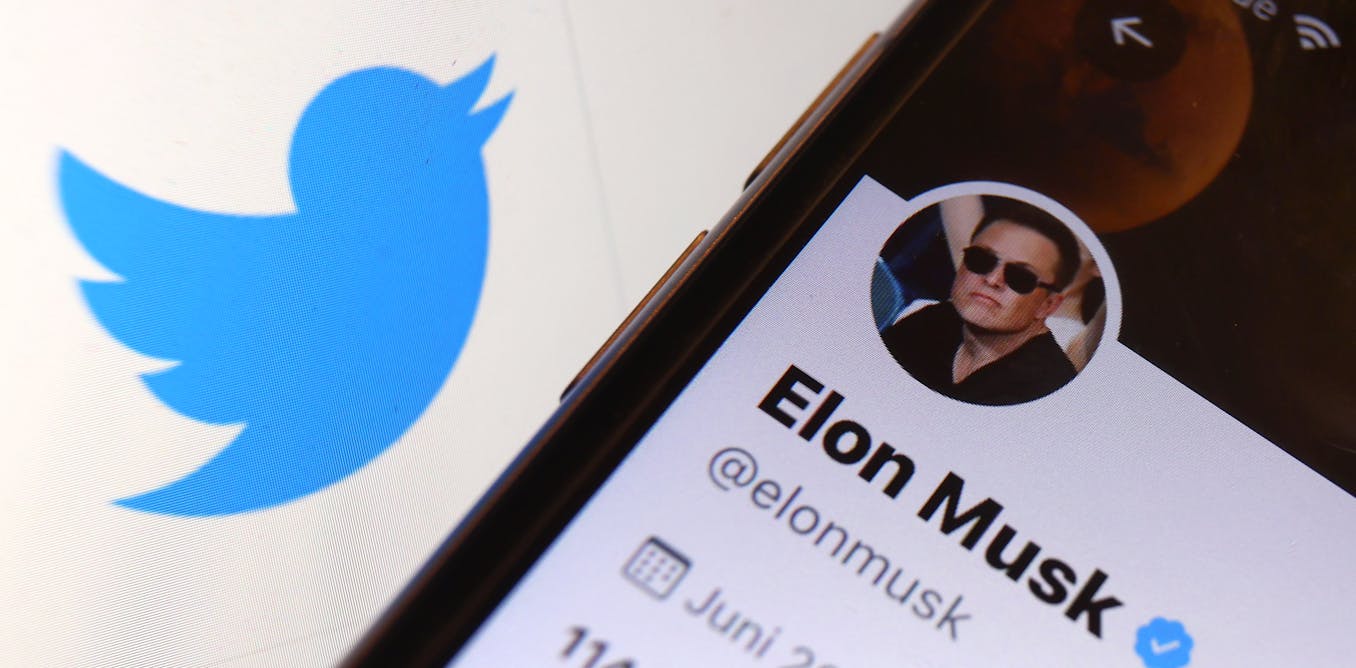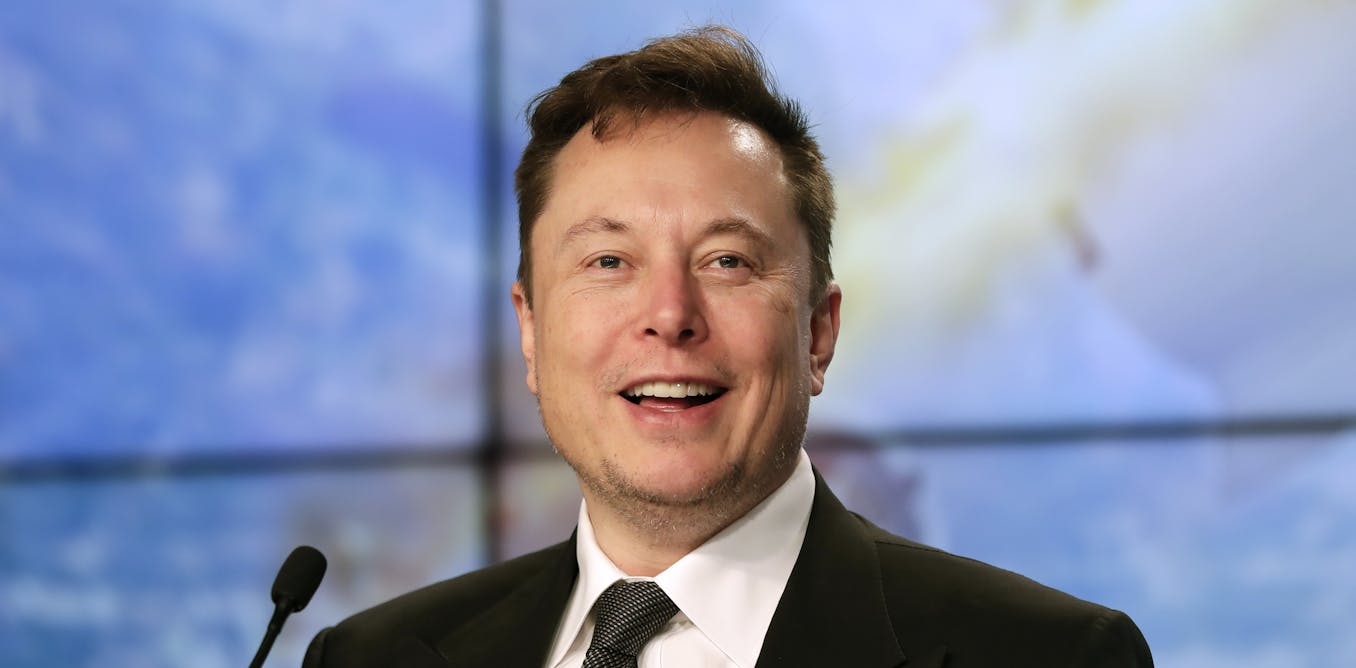Understanding how news works can short-circuit the connection between social media use and vaccine hesitancy
Researchers identified a connection between low levels of media literacy and COVID-19 vaccine hesitancy in people who consume their news via social media.
Nov. 3, 2022 • ~5 min







